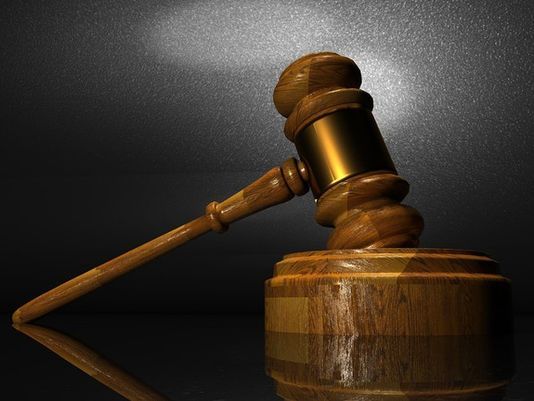Source : Real Clear Education News
By : Brian Rogers, Mihir Zaveri, and Gabrielle Banks
Category : Bail Bondsman in Sanford , Bondsman in Seminole County
Amid the Neil Gorsuch confirmation hearings, the Supreme Court ruled on the case of Endrew F. v. Douglas County School District and handed down what may prove to be the most important special education ruling in thirty-five years. The unanimous decision in Endrew F. smacks down the Rowley decision which has, since 1982, fueled an often-contentious relationship between parents and school districts. It was tough news for a man awaiting confirmation to the highest court as Gorsuch had supported the Rowley standard as a federal judge in the Tenth Circuit. Despite that drama, the Endrew F. ruling is good news for children, families and special educators, and a crucial milestone in the 40th year of implementing federal special education law. Under Rowley, public schools were only required to establish a floor for opportunity through their special education programs. The Endrew F. decision ruled that a floor, alone, was insufficient. It reflects a belief in the potential of all students by requiring that schools offer “an IEP [individualized education plan] reasonably calculated to enable a child to make progress appropriate in light of the child’s circumstances.” Endrew F. is not specific; it does not prescribe a definition of progress or offer grade level equivalents that are the basis of mainstream schooling. The Endrew F. case shifts the position of the school district from one that must satisfy a minimum standard to one that must offer a reasonable hope of progress and in doing so, takes a step toward fulfilling the promise of special education that started with President Ford’s signing of Public Law 94-142 in 1975.
Few teachers today can remember the “bad old days” when a school administrator could refuse to enroll a child with a disability. When Congress passed Public Law 94-142, it was focused on the million children who were excluded from public schools and on the lack of quality services for many of those severely challenged children who were enrolled. It became illegal after the law to exclude children from school because of a disability. The law was rooted in a commitment to access—all children are entitled to a public education. But the law was not written for benefit. Public Law 94-142 and its successor, the Individuals with Disabilities Education Act (IDEA), do not set academic, social or behavioral expectations. The law watched after the outcomes for children by giving parents an unprecedented role in designing and approving the program for their children. Giving parents a voice in their child’s IEP was an amazing feat. Congress knew that parents were not educators and that many parents lacked an adequate education themselves. But Congress also knew that parents love their children. Giving parents a voice was revolutionary in 1975 and still remarkable today. But the administrative realities of having mom and dad engaged in the IEP process mounted as the number of children covered under the law grew to more than 6 million.
Perhaps it should be no surprise that a law designed to address access ultimately failed to advance equity. Compliance superseded opportunity as the law’s primary focus. Sadly, the cost of compliance fueled fiscal nightmares for state and district leaders. Special education became a maintenance system for too many students whose disabilities remained static. Serving the students was mandatory; improving their lot in life was not. But Endrew F. changes that. The reauthorization of IDEA now looms large and presents an opportunity for the U.S. Department of Education to recapture the high ground in special education. While President Trump’s “skinny budget” showed no decrease in support for special education, it also showed no increase or no move to the full funding that has eluded federally guided special education since its implementation. Endrew F. is an upgrade for children and a concomitant increase in expenditures for school districts. States and districts will now look for guidance and leadership from an understaffed U.S. Department of Education in the application of Endrew F. In recent decades, special education has drifted from its role as a champion of access and of care for those with disabilities to a compliance-driven model. Children should not have to pay for the organizational inadequacies of the education system or for the underfunding of special education. But they do. The Endrew F. decision provides a mandate for school districts to move beyond de minimus and toward appropriate progress. It’s a step in the right direction and a move in keeping with the law’s original intent as a champion for those with disabilities.
Read more here : realcleareducation.com/articles/2017/04/11/the_supreme_court_sets_a_higher_standard_for_special_education__110141.html




















